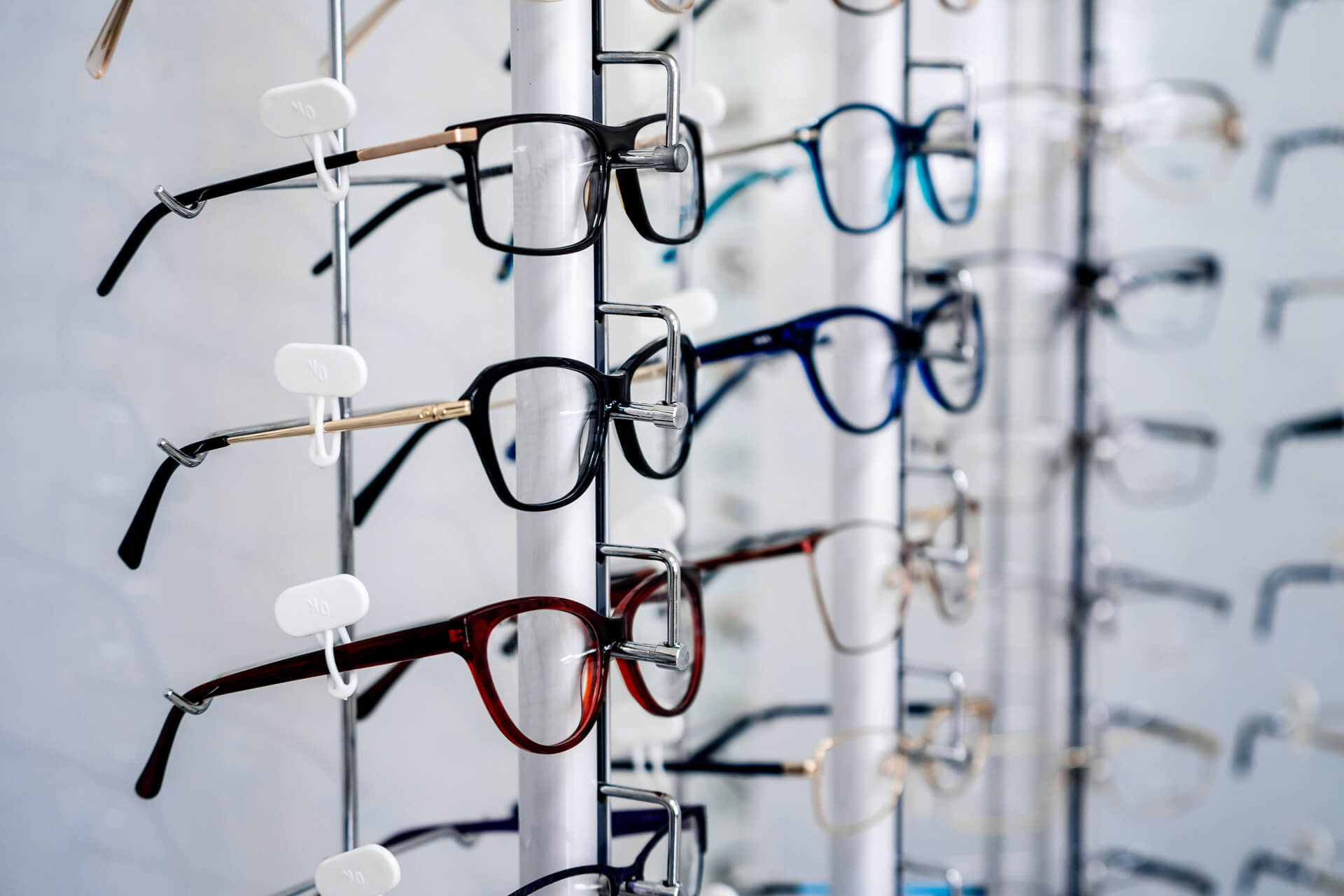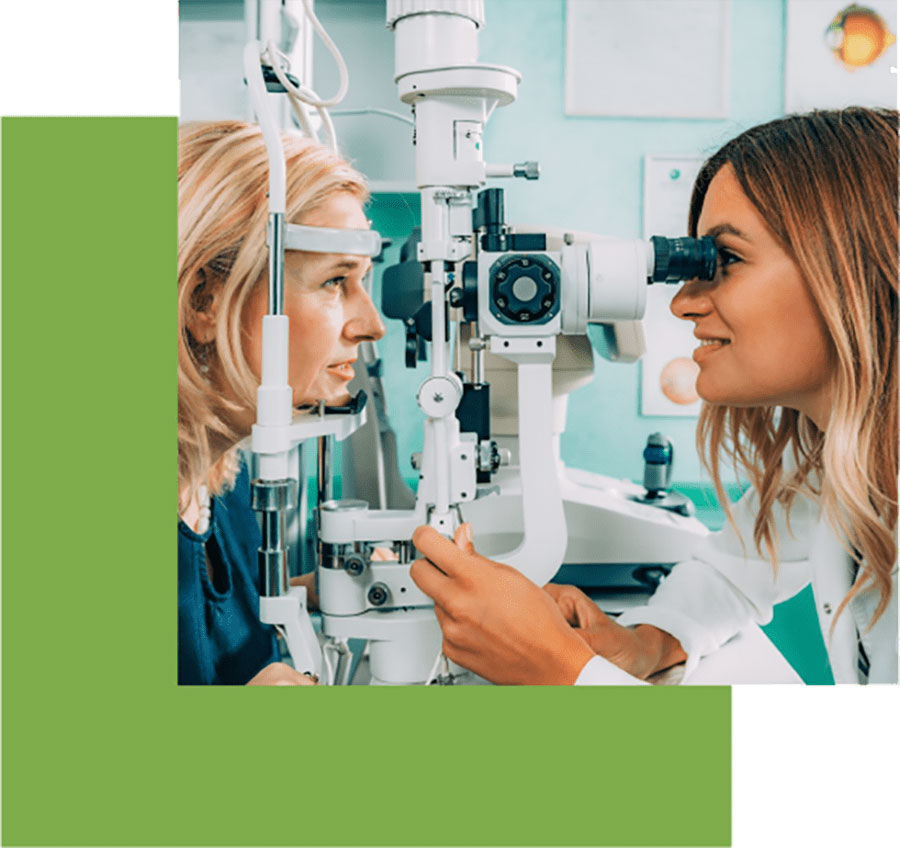
Contact Lens Exams & Fittings
For those with eye conditions such as dry eye , keratoconus, or astigmatism, we offer specialized fittings to make sure that even our “hard-to-fit” patients find impactful solutions.
What Type of Contact Lens is Right for You?

Daily Disposable Contact Lenses
Who it’s For
Most people find daily disposables provide great clarity and are easy to wear as a default option.
New Clean Lenses Every Day
Enjoy a safe, convenient, and comfortable way to wear contacts with daily contact lenses.

Bifocal and Multifocal Contact Lenses
Who it’s For
Patients who have presbyopia (age-related farsightedness) and don’t wish to wear reading glasses.
Sharp, Natural Vision Both Near and Far
Clearly switch your focus from near to far as needed with bifocal and multifocal contact lenses.
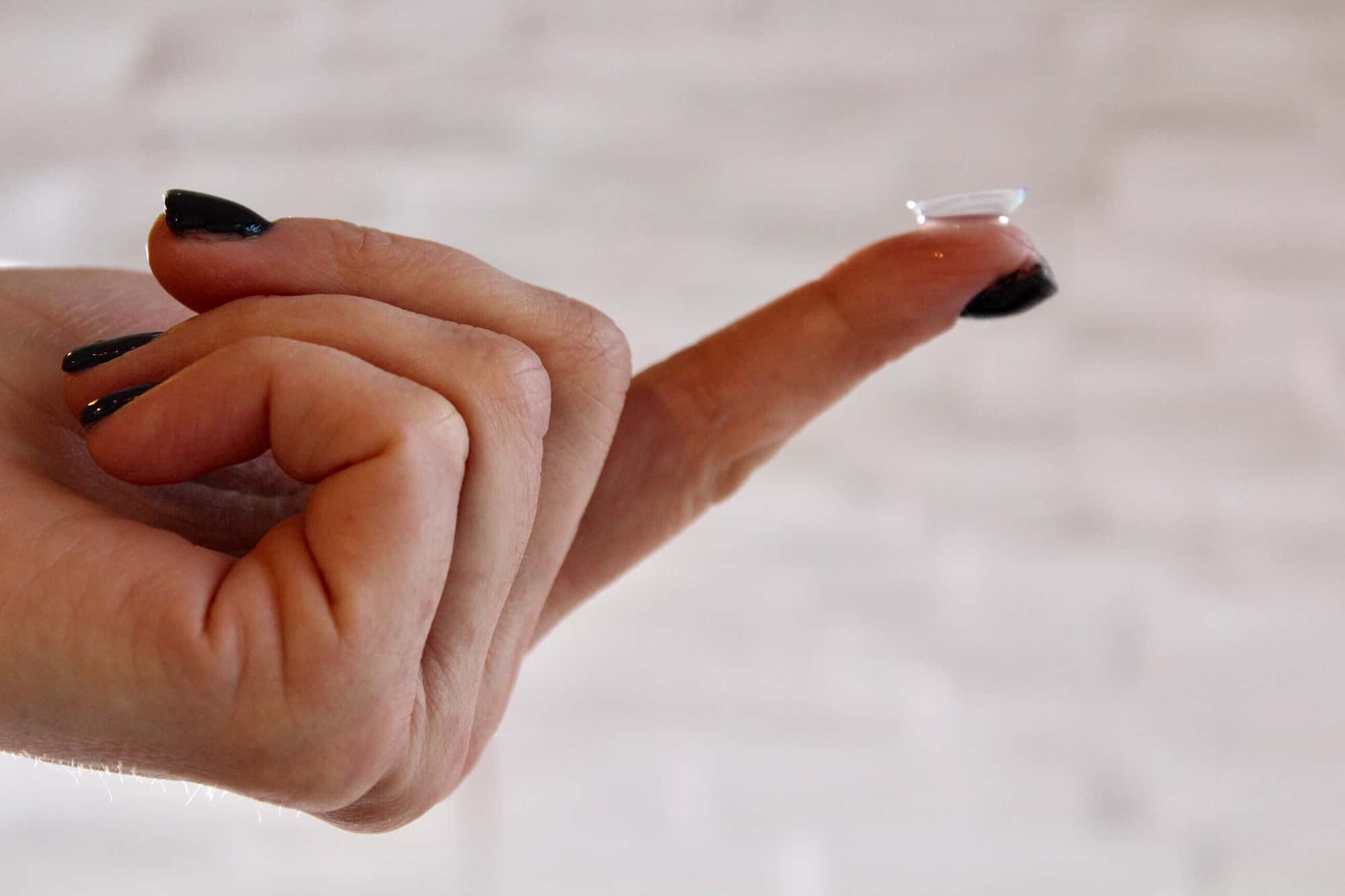
Toric Contact Lenses for Astigmatism
For patients with astigmatism — a common eye condition that causes blurred vision — traditional contacts can be a challenge because of how oddly the eye is shaped. Toric contact lenses stay in place on even astigmatic eyes and correct for unusual prescriptions. Both disposable and specialty lenses can come in toric varieties and provide clarity at all distances.
Who it’s For
People with mild to moderate corneal astigmatism.
A Better Option for Quality Distance Vision
Toric lenses let patients with unusual astigmatisms still enjoy the benefits of contact lenses.
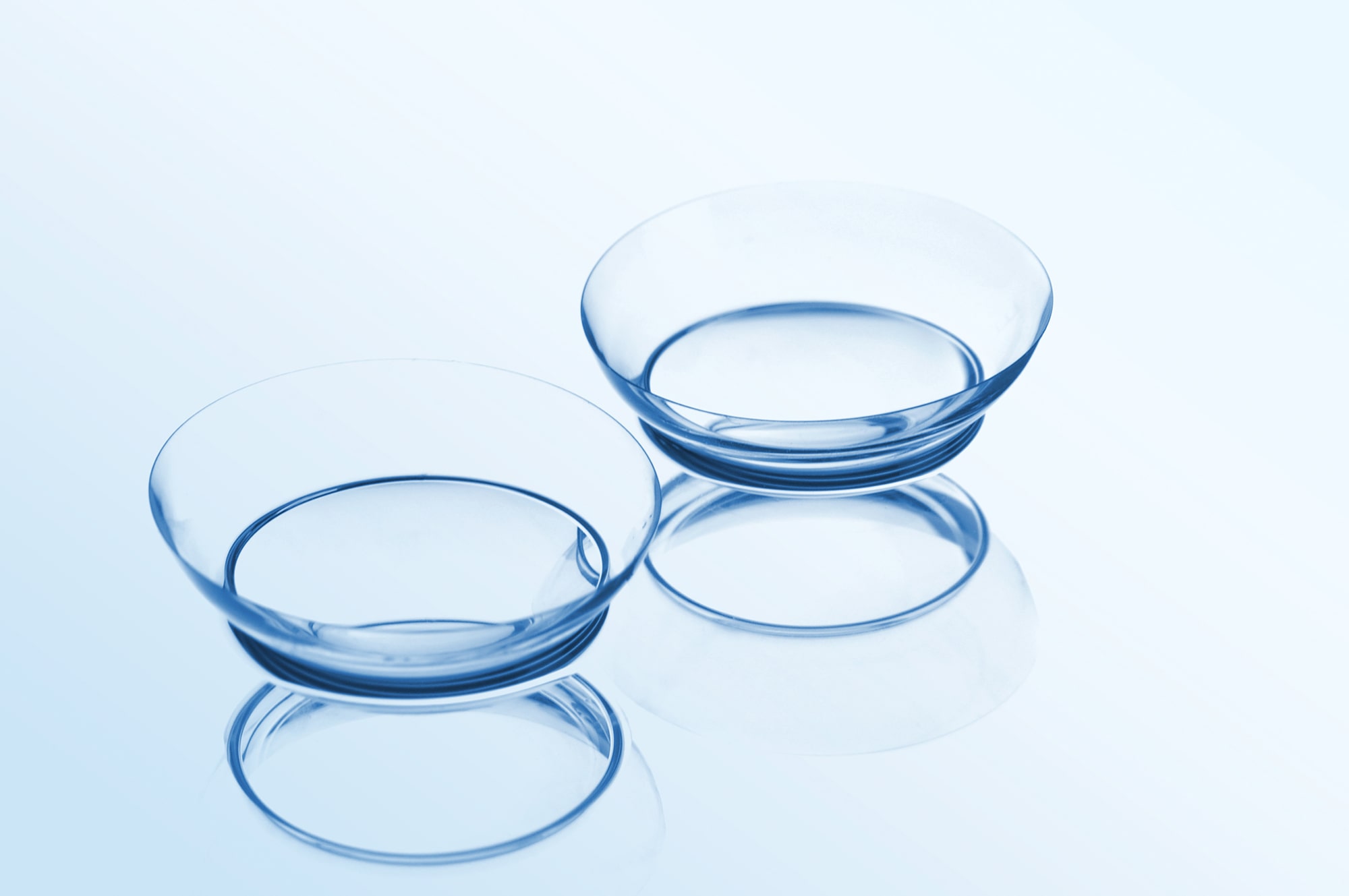
Rigid Gas Permeable Contact Lenses
Who it’s For
People whose eyes are too dry/sensitive for standard contacts.
Comfortable, Clear Vision That Lasts All Day
Allow your eyes to “breathe” and take advantage of sharper vision with RGP lenses.
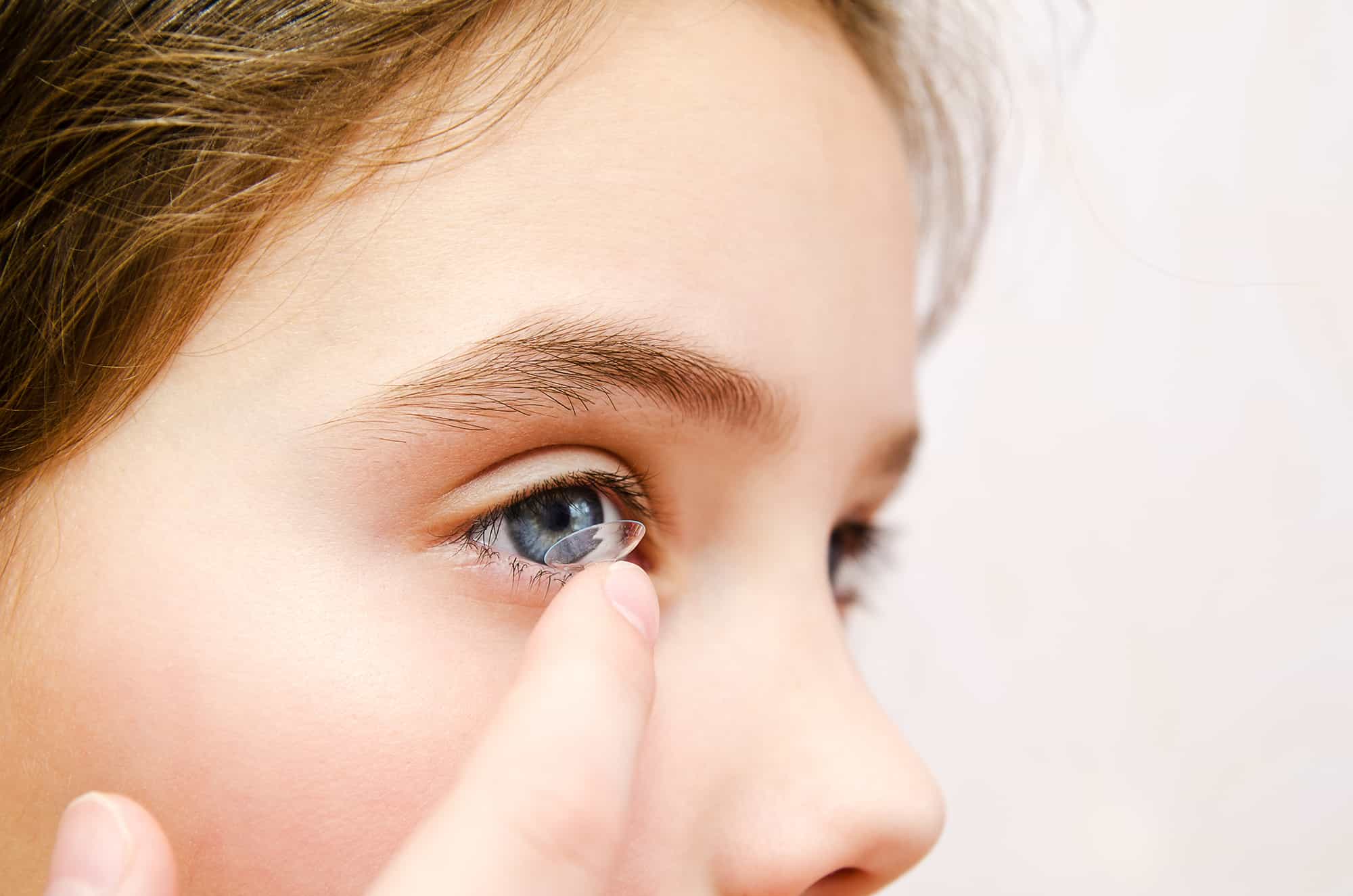
Scleral Lenses
Who it’s For
Many patients can benefit from scleral lens, but especially those with corneal irregularities like keratoconus, dry eye, allergies, or sensitive corneas.
Experience More Comfort and Improved Vision
Enjoy consistently clear, comfortable vision, even if you can’t wear other contact lenses.
SCHEDULE AN APPOINTMENT WITH US TODAY!
Our Locations
Marion, VA Office
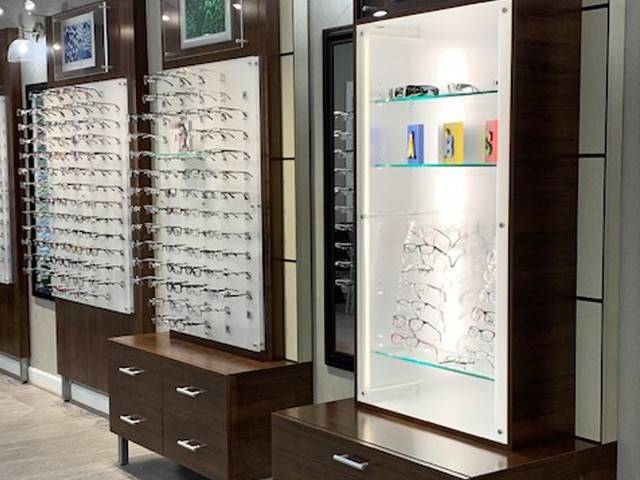

Cedar Bluff, VA Office
2308 Cedar Valley Dr
Cedar Bluff, VA 24609
Phone: 276-218-3210
Fax: 276-964-4130
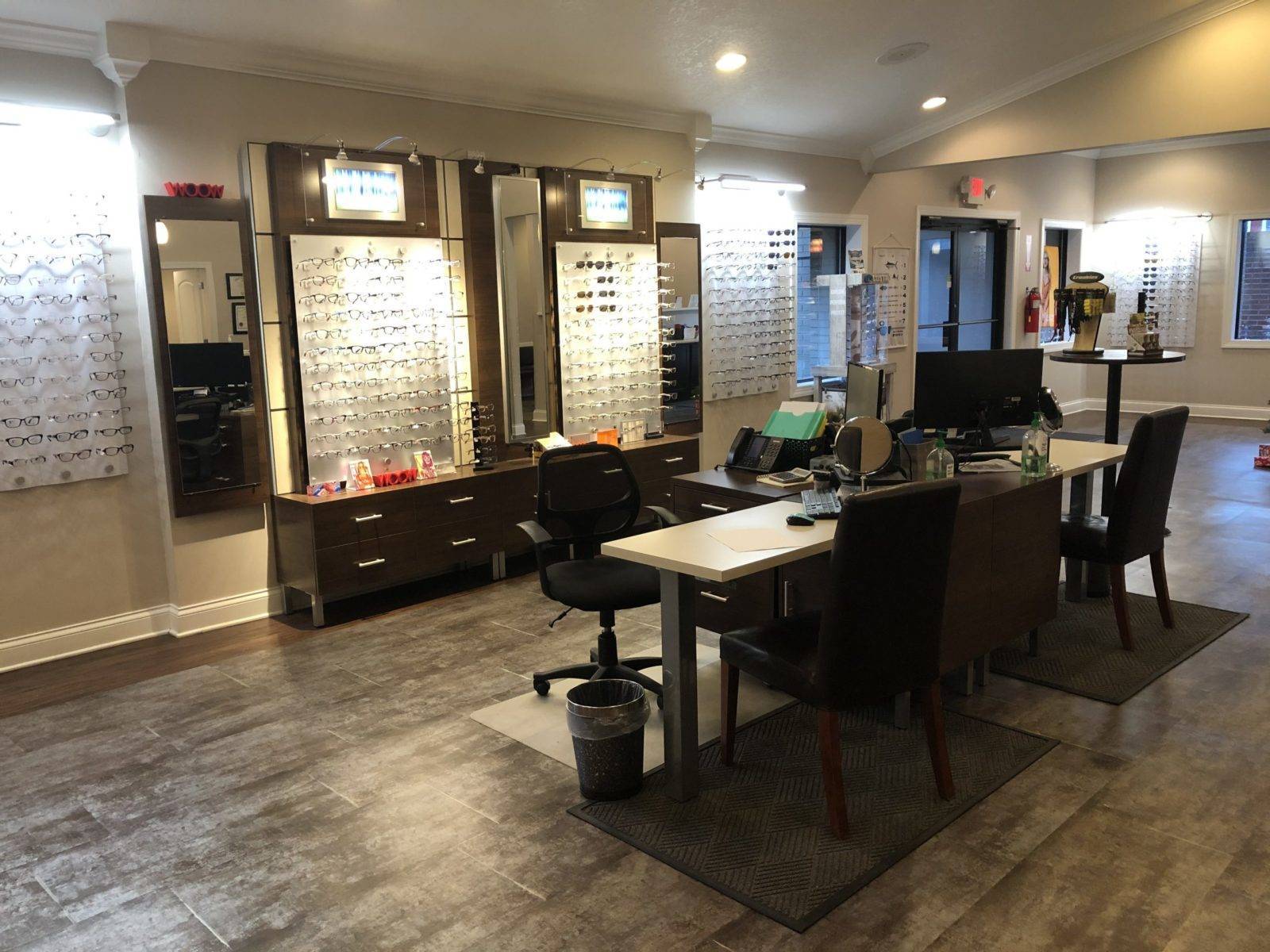

Abingdon, VA Office
699 McBroom St NW Suite A
Abingdon, VA 24210
Phone: 276 628-1143
Fax: 276-628-9522
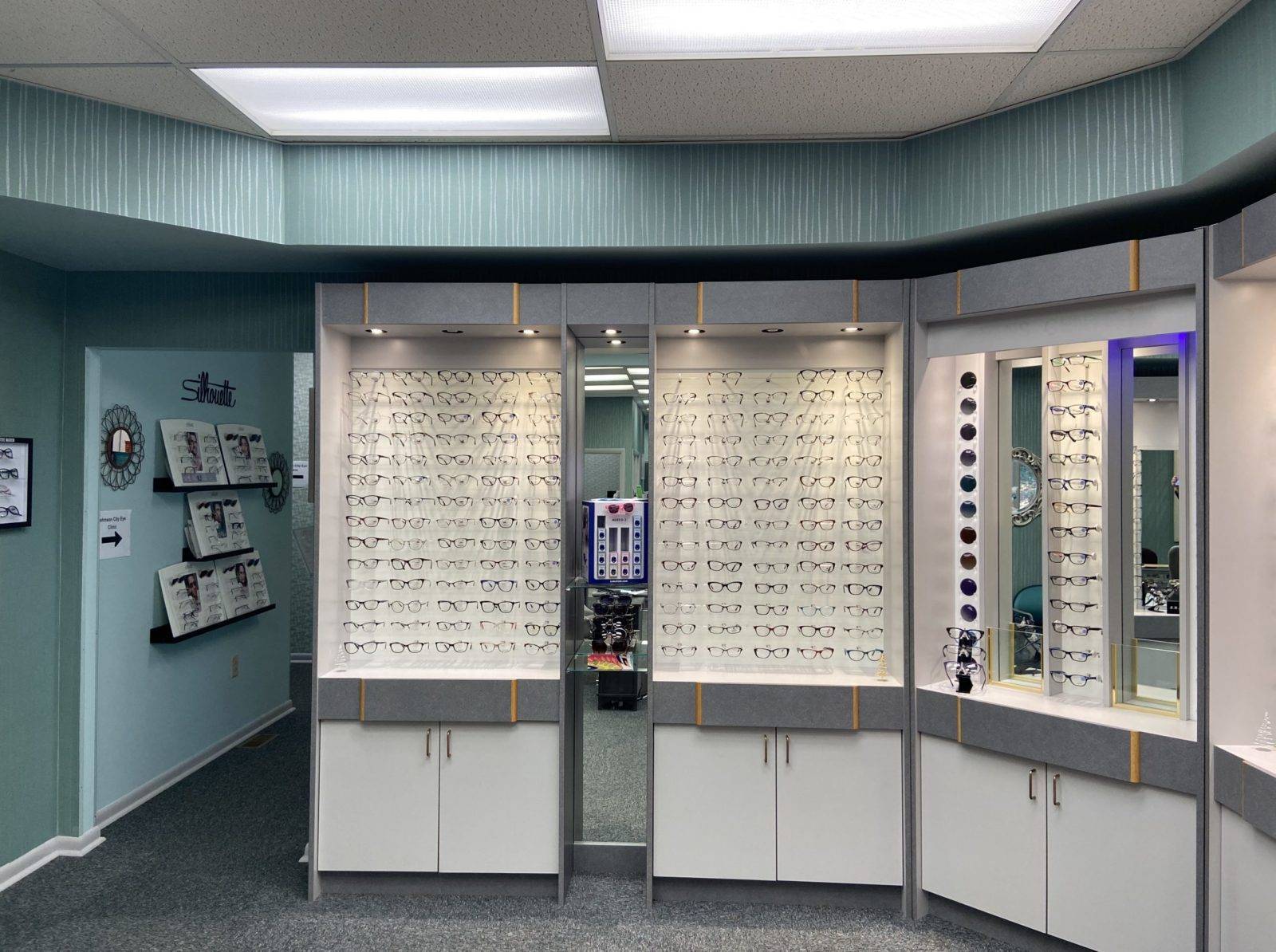

Bristol, TN Office
321 Midway Medical Park
Bristol, TN 37620
Phone: 423-418-5513
Fax: 423-968-5674


Gray, TN Office
122 Old Gray Station Rd Ste 1,
Gray, TN 37615
Phone: 423 418-8593
Fax: 423-207-5320
